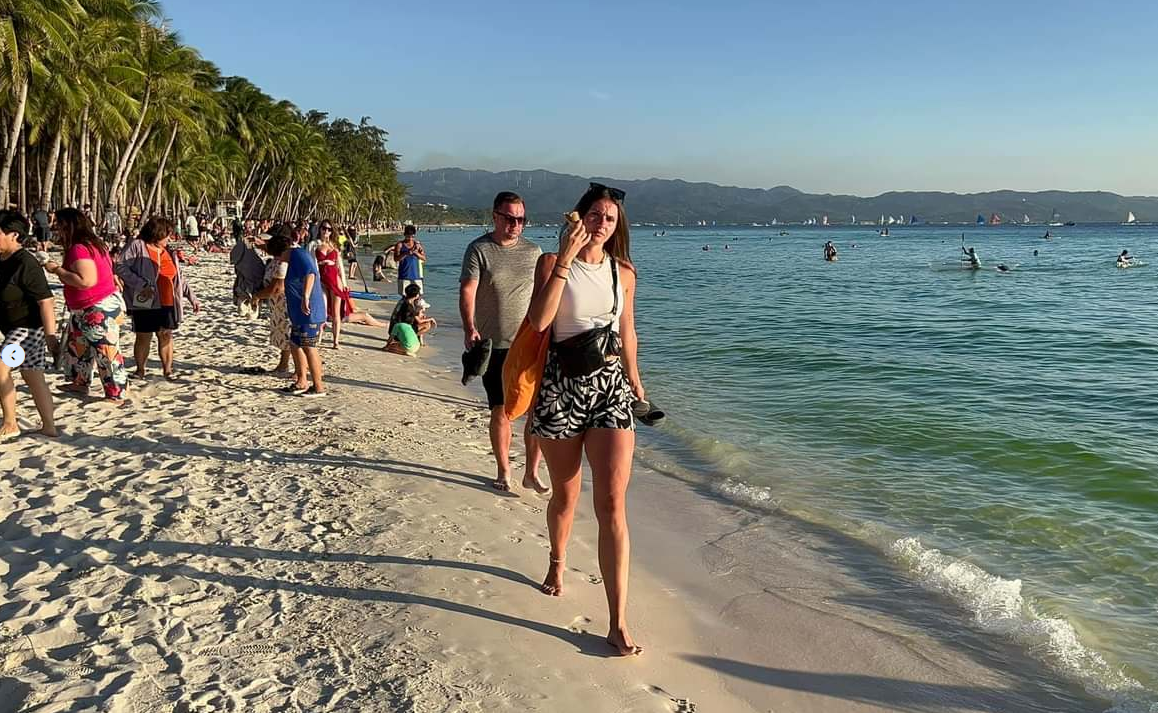Navigating the Metaverse: Facebook and the Future of Tourism
In the digital age, the landscapes of both social media and tourism are rapidly evolving. With the emergence of virtual reality (VR), augmented reality (AR), and the concept of the metaverse, platforms like Facebook are poised to redefine how we explore the world. This fusion of technology and human experience not only alters the way we connect but also promises to revolutionize the future of tourism.
The Metaverse: Where Virtual Meets Reality
Facebook, now Meta, has been at the forefront of this transformative journey. In October 2021, Mark Zuckerberg announced the company’s rebranding to Meta, signaling a strategic shift towards building the metaverse—a collective virtual shared space, created by the convergence of virtually enhanced physical reality and physically persistent virtual reality. While still in its infancy, Meta’s vision for the metaverse extends beyond gaming and socializing, aiming to incorporate various aspects of human interaction, including tourism.
The traditional notion of tourism involves physical travel to different destinations, but the metaverse offers a new dimension to exploration. With VR technology, users can immerse themselves in lifelike simulations of distant lands, historical sites, or even fantastical realms—all from the comfort of their homes. Meta’s acquisition of Oculus has positioned the company as a key player in the VR space, providing users with the tools to experience travel in unprecedented ways.
Imagine strolling through the bustling streets of Paris, scaling the ancient pyramids of Egypt, or diving into the vibrant coral reefs of the Great Barrier Reef—all with just a few clicks. Virtual tourism transcends the limitations of time, distance, and physical mobility, opening up a world of possibilities for exploration and discovery.
Beyond mere entertainment, virtual tourism has the potential to foster cross-cultural understanding and empathy. By experiencing different cultures firsthand through VR, users can gain insights into the traditions, customs, and way of life of people from diverse backgrounds. This immersive experience promotes cultural exchange and dialogue, breaking down barriers and building bridges between communities across the globe.
Furthermore, virtual tourism offers a sustainable alternative to traditional travel, reducing carbon emissions associated with air travel and minimizing the ecological footprint of tourism. As concerns about climate change mount, virtual exploration provides a viable solution for eco-conscious travelers seeking to reduce their impact on the environment.
Despite its promises, virtual tourism also presents challenges that must be addressed. Ensuring accessibility for all, mitigating digital divide issues, and safeguarding against misinformation and manipulation are critical considerations in the development of virtual travel experiences. Moreover, while VR technology continues to advance, replicating the authenticity of real-world experiences remains a formidable task.
However, these challenges also represent opportunities for innovation and collaboration. By harnessing the power of AI, machine learning, and user-generated content, Meta can enhance the realism and interactivity of virtual tourism experiences. Partnerships with local communities, cultural institutions, and tourism organizations can enrich the authenticity of virtual destinations, ensuring that users receive a truly immersive and enriching experience.
As we stand on the threshold of a new era, the convergence of technology and tourism heralds a paradigm shift in how we experience the world. Meta’s vision for the metaverse offers a tantalizing glimpse into the future of travel—one where boundaries dissolve, cultures converge, and the wonders of the world are within reach of all.
In the coming years, the evolution of virtual tourism will continue to reshape the way we engage with the world around us. By embracing innovation, fostering inclusivity, and nurturing collaboration, we can harness the transformative power of technology to create a more connected, empathetic, and sustainable future for tourism—one where the journey truly becomes the destination.

